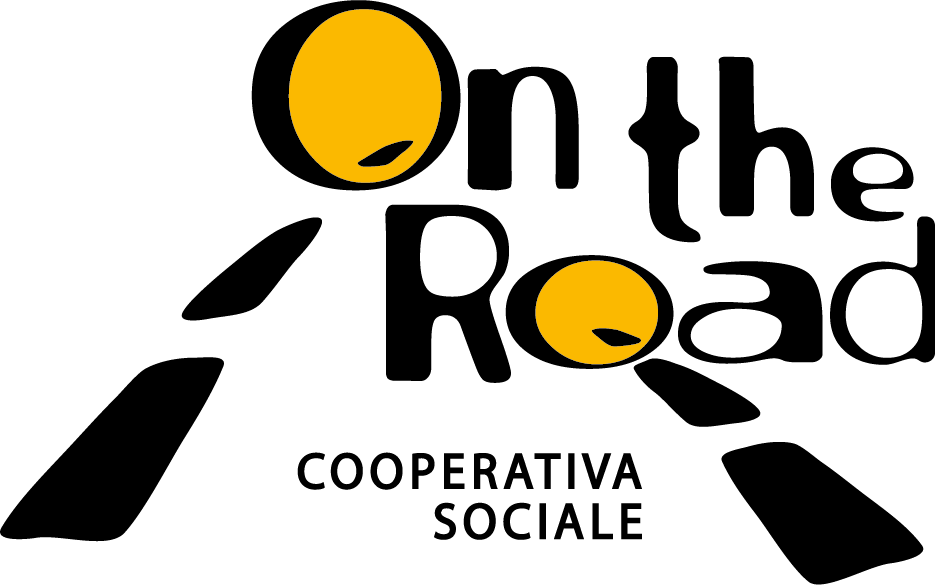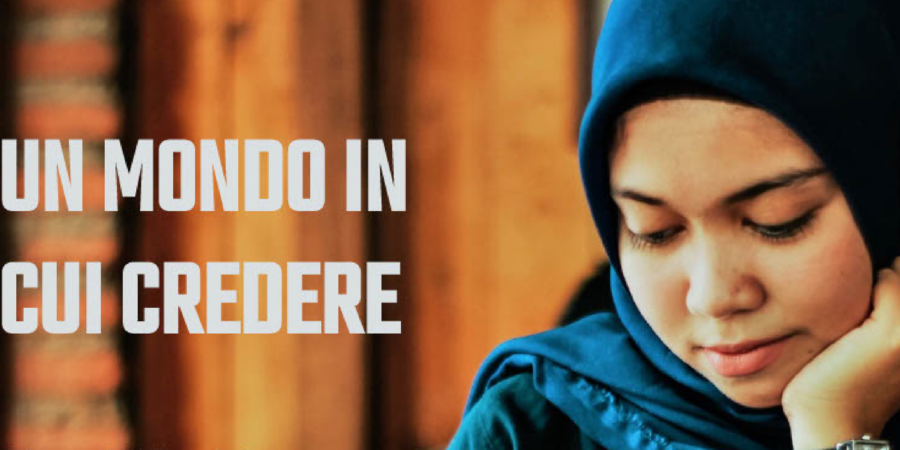A world I can trust | a report about the needs of third-country national victims of human trafficking
On 6th April 2020, within the EU-funded project Life Beyond the Shelter, in which we are partner with Fundació Surt, CAW Antwerpen, SOLWODI International and Payoke Vzw, the report “a world I can trust” was published. This report is about about the needs of third-country national victims of human trafficking transitioning from shelter to independent.
The research has been carried out by the five victim support organizations from Belgium, Germany, Italy and Spain and it is the result of an assessment of the needs of third-country national victims of human trafficking in their transition from institutional care, whether residential or outpatient care, to independent living. Despite the majority of EU Member States have a well-established victim support system in place, offering first response and short-term assistance, assistance must be extended in the long run to address the unmet needs of survivors.
The aim of this report is to provide victim support organizations and service providers with insight about the needs of survivors to strengthen social work interventions, in this delicate phase of transition, through a gender- and culturally sensitive perspective.
Interviews with victims of human trafficking, literature review and focus groups with social workers, psychologists and other professionals have been used as methods of data collection.
The focus group discussions highlighted weaknesses, strengths and opportunities in the service and support provided to victims. They played a participatory role in informing the needs assessment through 54 semi-structured interviews conducted between December 2019 and February 2020.
This sample of adult participants, exposed to different types of victimization and exploitation, comprises:
- 40 women victims of sexual exploitation (24 single women, 5 of whom were pregnant, and 14 mothers with children)
- 14 men victims of forced labor
The sample comprises 27 victims still assisted in shelters (23 women and 4 men) and 27 victims who have moved out of the shelter (17 women and 10 men). The average age is 29. The most represented countries of origin are Nigeria, Ivory Coast, Senegal, Cameroon, Pakistan, Morocco and Venezuela.
The report reveals that short-term assistance is generally insufficient to support the social and economic inclusion of victims of human trafficking. When transitioning to independent living, very specific needs emerge, and a lack of ad hoc long-term support may not only compromise the person’s life plan in his or her journey to self-reliance but also recreate dangerous dynamics leading to re-victimization.
When victims leave the shelter, they try to move on with their lives and cope with multiple tasks. Services providers must ensure that clients have the tools to make informed decisions, have access to their fundamental rights and can take advantage of the opportunities and resources necessary to fully participate in their host community, socially and economically, with acceptable living standards.
The present research has highlighter 10 areas where victims seem to require more support and the corresponding sets of skill needs:
- Social life
- Mental health and well being
- Language
- Safety and security
- Public services and administration
- Housing -search
- Housing- household management
- Financial assistance and money management
- Economic inclusion
- Child care and family welfare
Long-terms assistance is key to increased security and stability, a precondition to achieving thorough and lasting recovery and a fundamental right for every victim of human trafficking.


